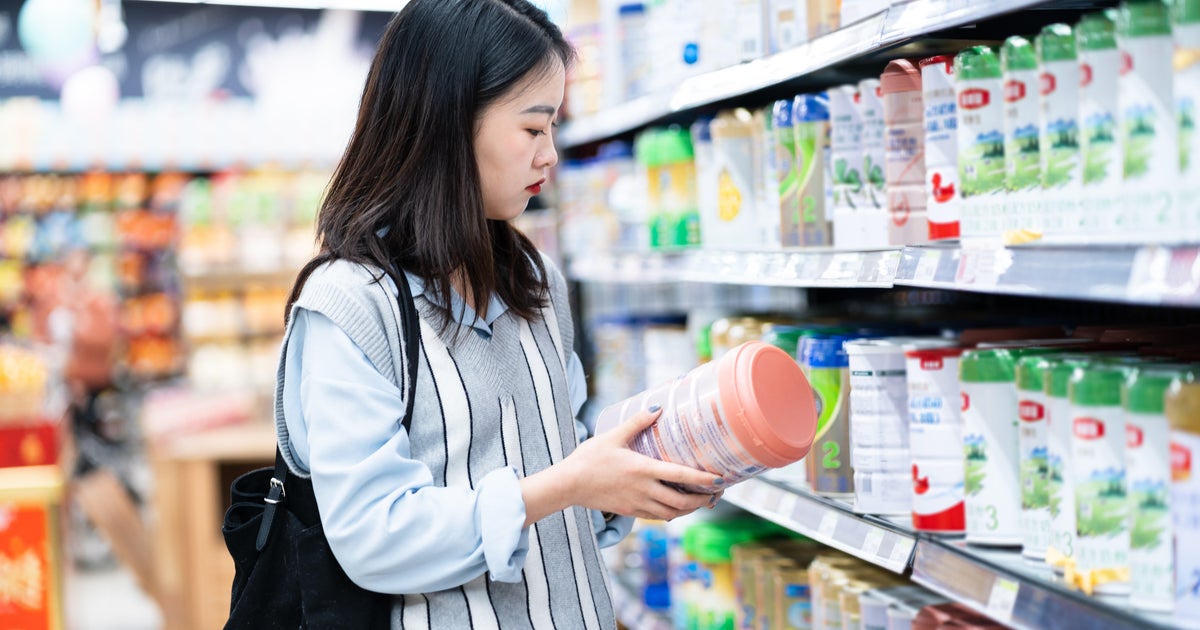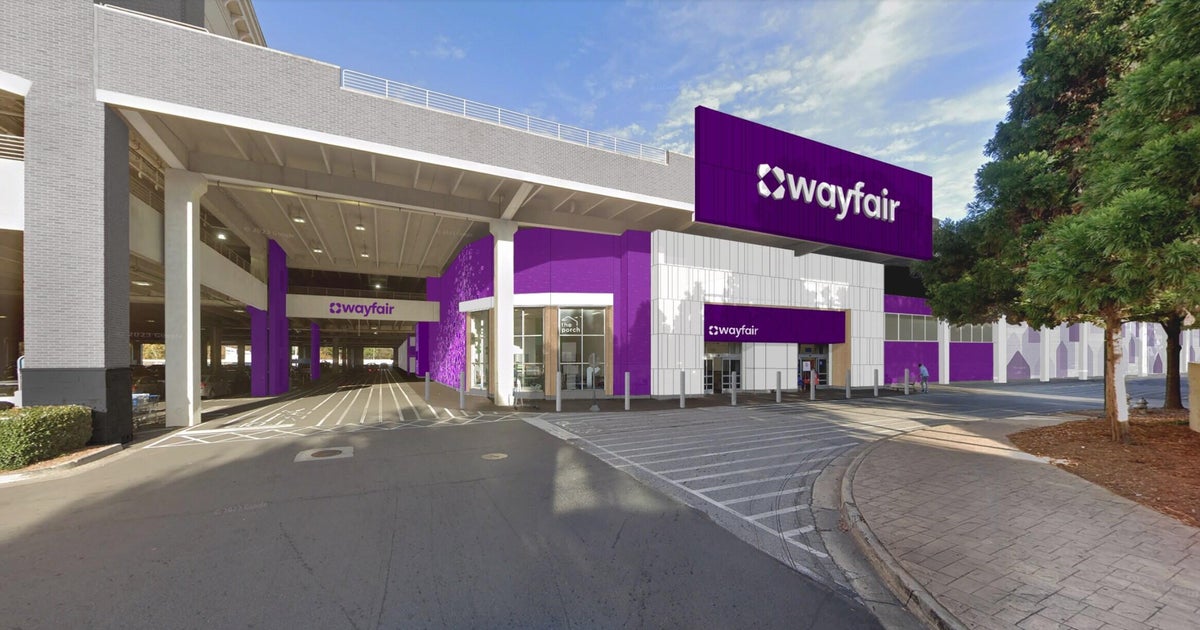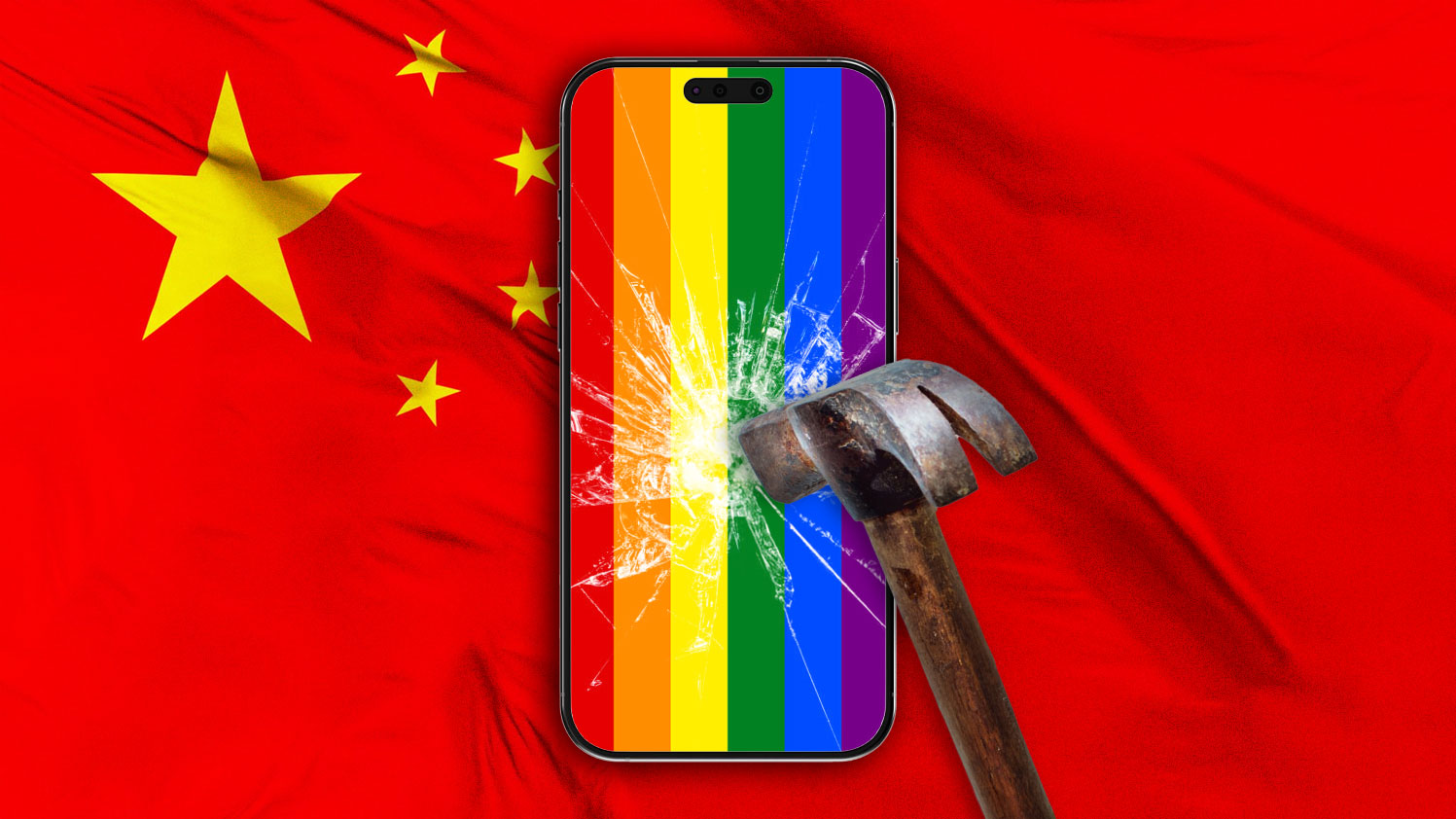Coronavirus chills luxury brands in — and outside — China
The deadly coronavirus outbreak paralyzing China is taking a toll on luxury goods companies. The latest player to feel the chill is Kering Group, which owns Balenciaga, Gucci and other upscale fashion brands and which on Wednesday announced that it has closed dozens of stores in China as consumers stay home.
Kering CEO François-Henri Pinault said in an earnings call this week that the company has seen a "serious drop in traffic in mainland China" and a "strong drop" in sales in recent days due to the virus. Kering-owned stores that remain open in the region have cut back their hours, with some of its shops located in Chinese malls forced to close over public health concerns.
The company's predicament highlights how crucial Chinese consumers have become in the global luxury market both domestically and when traveling abroad, spending more than $100 billion annually on high-end goods.
Not just vendors of luxury products are seeing business evaporate — retailers across China are struggling amid lockdowns that make some cities feel like ghost towns. Public health officials have also discouraged people from congregating in public places to prevent person-to-person transmission of the contagious disease, now officially named COVID-19.
Companies like Burberry, Coach, Estée Lauder and LVMH are feeling the pinch both locally and in markets outside China, with the government imposing bans on both land and sea travel that has greatly curtailed Chinese tourism. That is hitting spending at luxury malls and boutiques in the U.S. and Europe.
In 2019, worldwide consumers spent an estimated $306 billion on personal luxury goods, driven largely by growth in consumption across the Asia-Pacific region, according to management consulting firm Bain. Chinese shoppers last year accounted for 35%, or $107 billion, of the total value of luxury goods sold worldwide. They also made an estimated 70% of luxury purchases outside of China, according to an analysis by Coresight Research.
"Spending by the Chinese accounts for more than one-third of the total global value of luxury goods, so if you've restricted travel and flights aren't allowed to go back and forth between the U.S. and China, it will restrain spending at the luxury level," Sean Maharaj, managing director of AArete, a global management consultancy, told CBS MoneyWatch.
Luxury brands brace for impact
Burberry CEO Marco Gobbetti said last week the British fashion house has closed 24 of its 64 stores in mainland China since the virus erupted. The company also scrapped its financial guidance for the year, citing coronavirus concerns. China accounts for 17% of the company's revenue.
"This is impacting retail sales in both mainland China and Hong Kong. The spending patterns of Chinese customers in Europe and other tourist destinations have been less impacted to date, but given widening travel restrictions, we anticipate these to worsen over the coming weeks," he said in a call with analysts.
LVMH, the world's largest luxury group and owner of Louis Vuitton, counts on China for 30% of its revenue — it also expects to take a hit. CEO Bernard Arnault cited the virus's impact in an earnings call last week. All of its stores in Wuhan, the Hubei province city that is the epicenter of the outbreak, are closed.
U.S. beauty brand Estée Lauder, which gets roughly 25% of its revenue from the Asia-Pacific region, has also warned investors about the virus's impact on its financial results. It has closed two-thirds of its China stores. And Tapestry, which owns Coach, Kate Spade and Stuart Weitzman, has closed most of its stores in China. The company is expecting sales to drop as much as $250 million due to the closures.
Luxury stores and high-end malls in Los Angeles — a popular shopping destination for Chinese tourists — are also seeing less business than usual, according to AArete's Maharaj. "It's pretty quiet all up and down Rodeo Drive. And Century City Mall in West LA is quiet in the luxury stores."
Mass-market retailers aren't insulated from the virus. About half of Japanese casual wear brand Uniqlo's 750 China-based stores, which account for 20% of the company's sales, are closed. And Vans, Timberland and North Face parent company VF Corporation has closed 60% of its China-based stores.
Retailers could benefit from a surge of demand assuming the coronavirus is eventually contained. But it's too soon to tell how strong business might rebound.
"We've seen that happen with vehicles, when pent-up demand suddenly pops, and we will probably see that on the luxury goods side. Tastes and preferences don't get dumbed down permanently, and I think they will come back at some point," Maharaj said.



